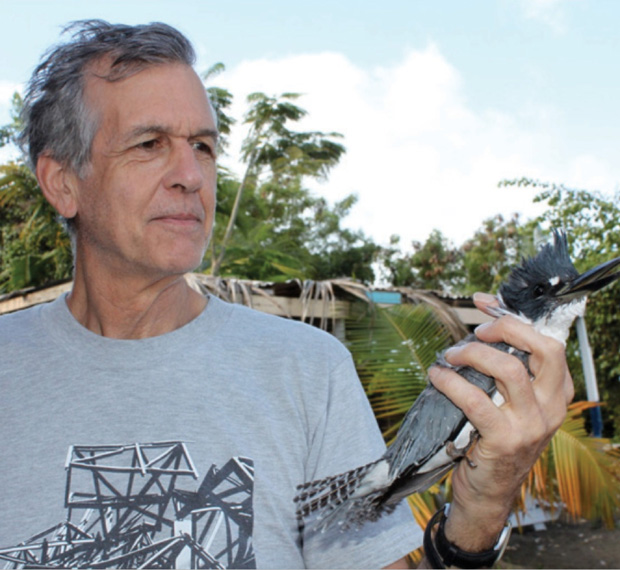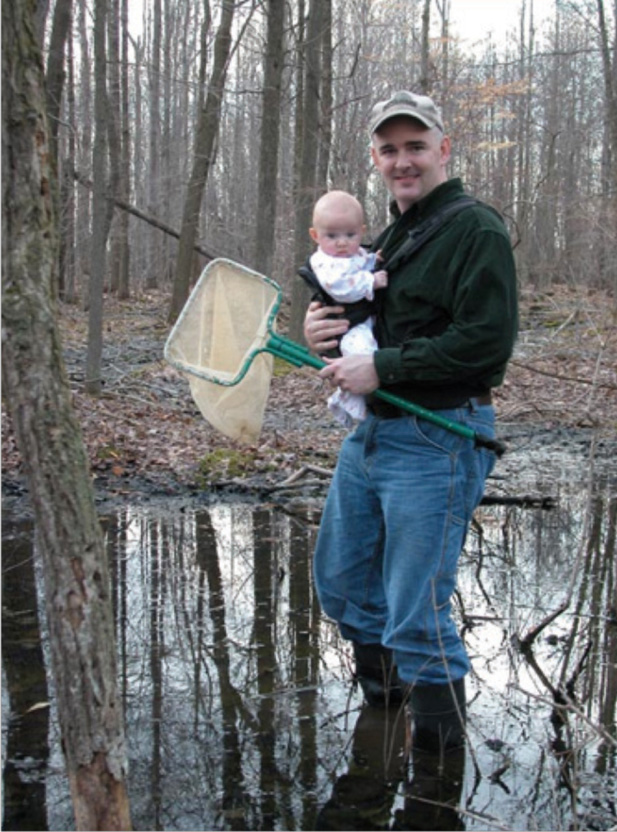About the Authors

ROBERT RICKLEFS is Curators’ Professor of Biology at the University of Missouri–St. Louis, where he has been a member of the faculty since 1995. His teaching at Missouri, and previously at the University of Pennsylvania, has included courses in introductory and advanced ecology, biogeography, evolution, and biological statistics. Bob’s research has addressed a broad range of topics in ecology and evolutionary biology, from the adaptive significance of life-history traits of birds, to island biogeography and the community relationships of birds, herbivorous insects, and forest trees. In particular, he has championed the importance of recognizing the impact of large-scale processes on local ecological assemblages of species. Bob has published in numerous journals including Science, Nature, PNAS, Evolution, Ecology, Ecology Letters, and the American Naturalist. His contributions have been recognized by honorary doctorates from the Université Catholique de Louvain (Belgium), Aarhus University (Denmark), and the University of Burgundy (France). He is a member of the American Academy of Arts and Sciences and the National Academy of Sciences of the United States. Bob published the first edition of The Economy of Nature in 1976 and is joined by a coauthor for the first time with this seventh edition.

RICK RELYEA is Professor of Biology at the University of Pittsburgh, where he has been on the faculty since 1999. In 2005, he was named the Chancellor’s Distinguished Researcher at the University of Pittsburgh. Since 2007, he has also served as the director of the University of Pittsburgh’s field station, the Pymatuning Laboratory of Ecology, where he oversees a diverse set of ecological field courses and facilitates researchers from around the world. Rick has taught thousands of undergraduate students in introductory ecology, behavioral ecology, and evolution. His research is recognized throughout the world and has been published in the leading ecological journals including Ecology, Ecology Letters, American Naturalist, and PNAS. The research spans a wide range of ecological and evolutionary topics including animal behavior, sexual selection, ecotoxicology, disease ecology, phenotypic plasticity, community ecology, ecosystem ecology, and landscape ecology. Rick’s research focuses on aquatic habitats and the diversity of species that live in these ecosystems. He strives to integrate different areas of ecology in ways that provide new discoveries and applications.
xviii